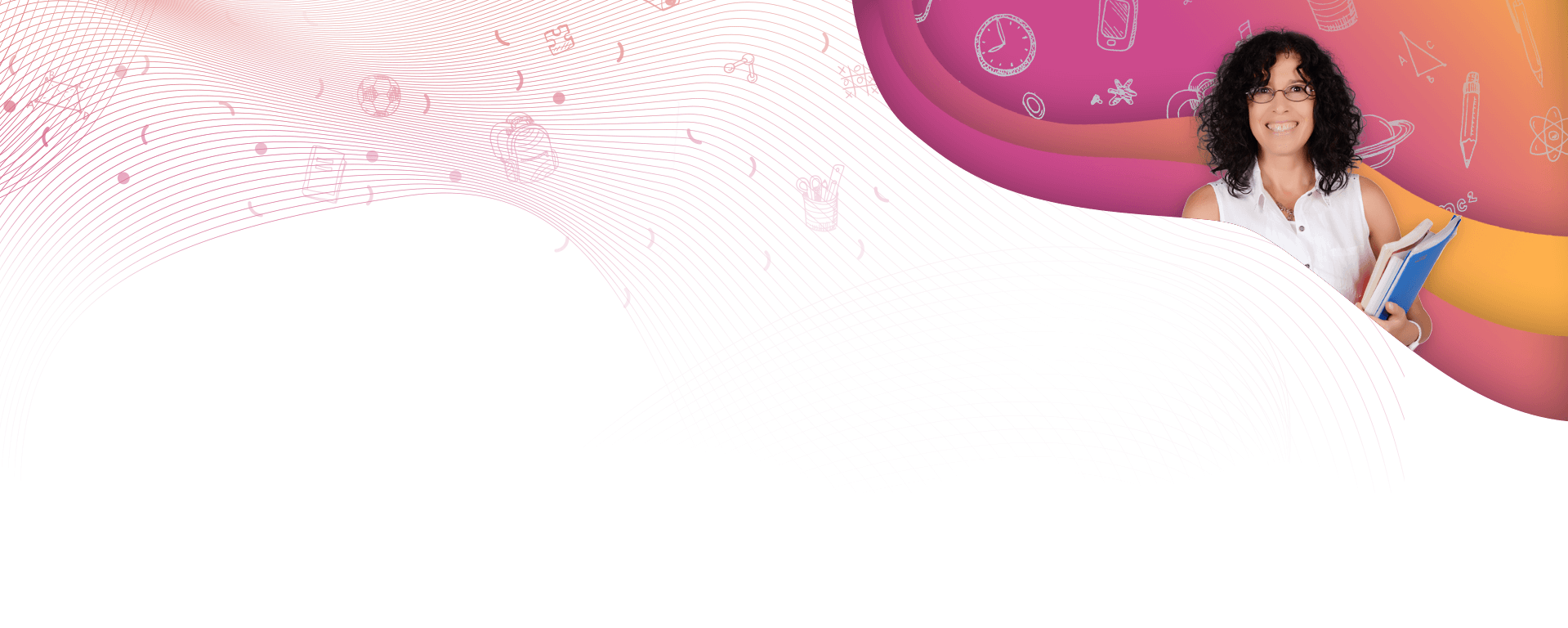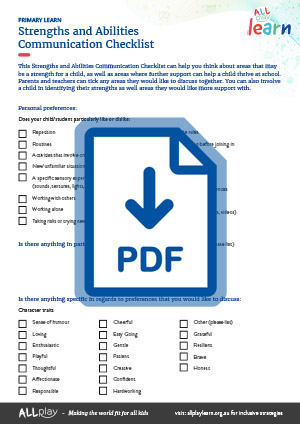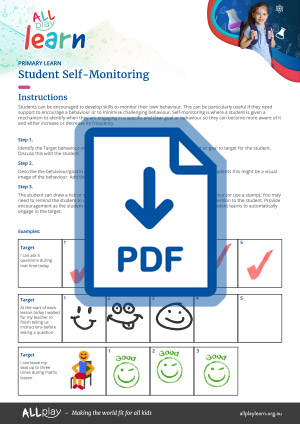
Specific Learning Disability
On this page:

About specific learning disability
Children with a specific learning disability find a specific area of learning very challenging, such as reading, spelling, handwriting or mathematics, but do well in other areas of learning. Some may even excel in other areas of learning. Children with specific learning disabilities often have other developmental disorders too, such as ADHD. A child can have more than one specific learning disability. Some common specific learning disabilities include:
Children with a reading disability, which is also known as dyslexia, typically have trouble recognising words. They can find it difficult to ‘sound out’ and blend the sounds in a word. This can make it difficult for them to understand things that are written or spell words correctly. They may find it hard to connect speech sounds with written letters or words.
A child with a writing disability may write slowly and have trouble drawing letters. They may have challenges with grammar and vocabulary, and they may misspell words. They may find it hard to organise their ideas, or to write a creative or logical piece
Mathematics disabilities look different from child to child. Some children find it hard to understand the meaning of numbers, and they may count on their fingers. Other children may find basic addition or subtraction difficult. Some children may find more complex and abstract problems difficult to understand.

Strengths
What might be some strengths?
- Children with specific learning disabilities may do well in, and even excel in, other areas of their learning.
- Children with a reading disability may be good at nonverbal tasks. They may be particularly good with visual-spatial skills (ability to mentally picture and move images).
- Children with a reading disability may have a good understanding of information taught out loud or using images.
Where might you provide support?
- Children with specific learning disabilities may take longer to learn new information in a specific area of learning. They may need extra help in the area of learning they find difficult.
- Children with a reading disability may find other subjects difficult if there is a lot of reading. This is because it can take them much longer to read the information, and they may not understand what they read.
- Many children with a specific learning disability need support with tasks where they need to remember lots of steps.
- Some children with a specific learning disability may find it difficult to find rhythms in music or text.
- Some children may find gross or fine motor tasks difficult.

Evidence-based strategies
Directly tackle underlying skills
Engage other senses and make learning fun
Provide lots of opportunities to practise
Consider how you give instructions
Provide students with extra supports and strategies

Best practice tips

Curriculum considerations

Other considerations

Relevant resources
Visit our resources page for a range of resources that can help to create inclusive education environments for children with disabilities and developmental challenges. Some particularly relevant resources for children with specific learning disabilities include:


